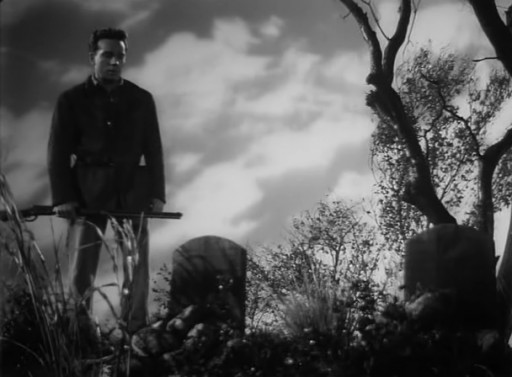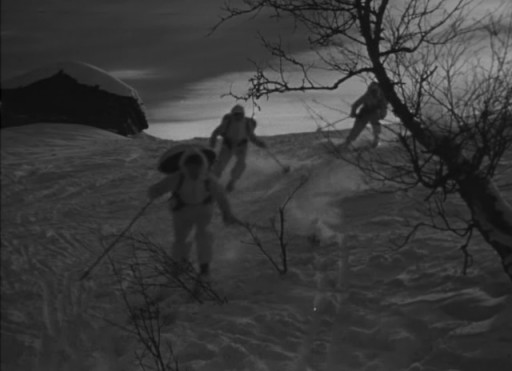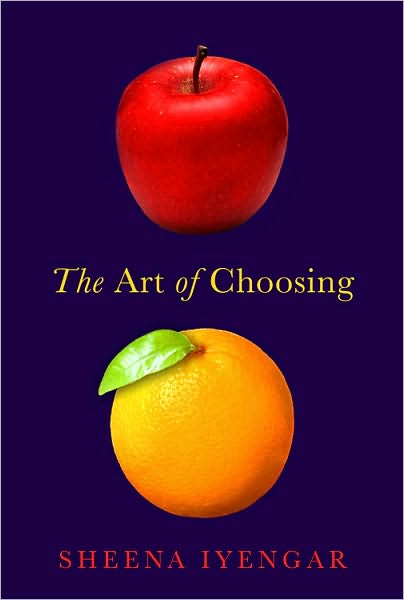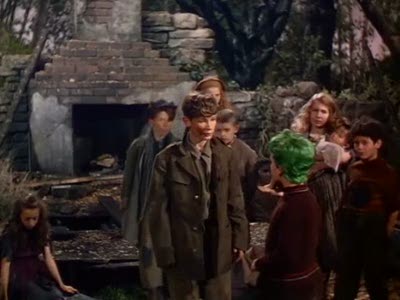
So now that the internet culture is a few years old, and the first waves of euphoria and panic have passed, the calmer, more interesting ideas begin to emerge. The shape of this new world, hastily thrown together by IT geeks with little more forethought than “I wonder what happens if we connect this to this”, is becoming clearer. We can see some sort of outline.
I’ve been awaiting Nicholas Carr’s The Shallows. Not because I think he’s necessarily right to believe that the perpetual distraction machine that is the internet harms the brain’s ability to do deep reading and deep thinking, but because he’s asking the most important question of 2010: Is the internet literally rewiring our brains? And is that a good thing? His answer, (“yes”, and “not entirely”), will one day seem either quaint or prescient, but I think everyone will agree that, yes, this was the right question to ask at this point in time.
To react with derisive laughter is to be stuck in the mid-00’s social media hype. It’s fair to laugh at the luddites, but more and more we’re all of the internet now, and there’s no “them” for “us” to protect our shiny new world from. We’re all us.
Agreeing fully with Carr, on the other hand, is premature. What can we reliably know about the long-term effects of something so new?
The correct answer to his question is: “I honestly don’t know. Let me observe myself for a while, and see.” So – let’s!














